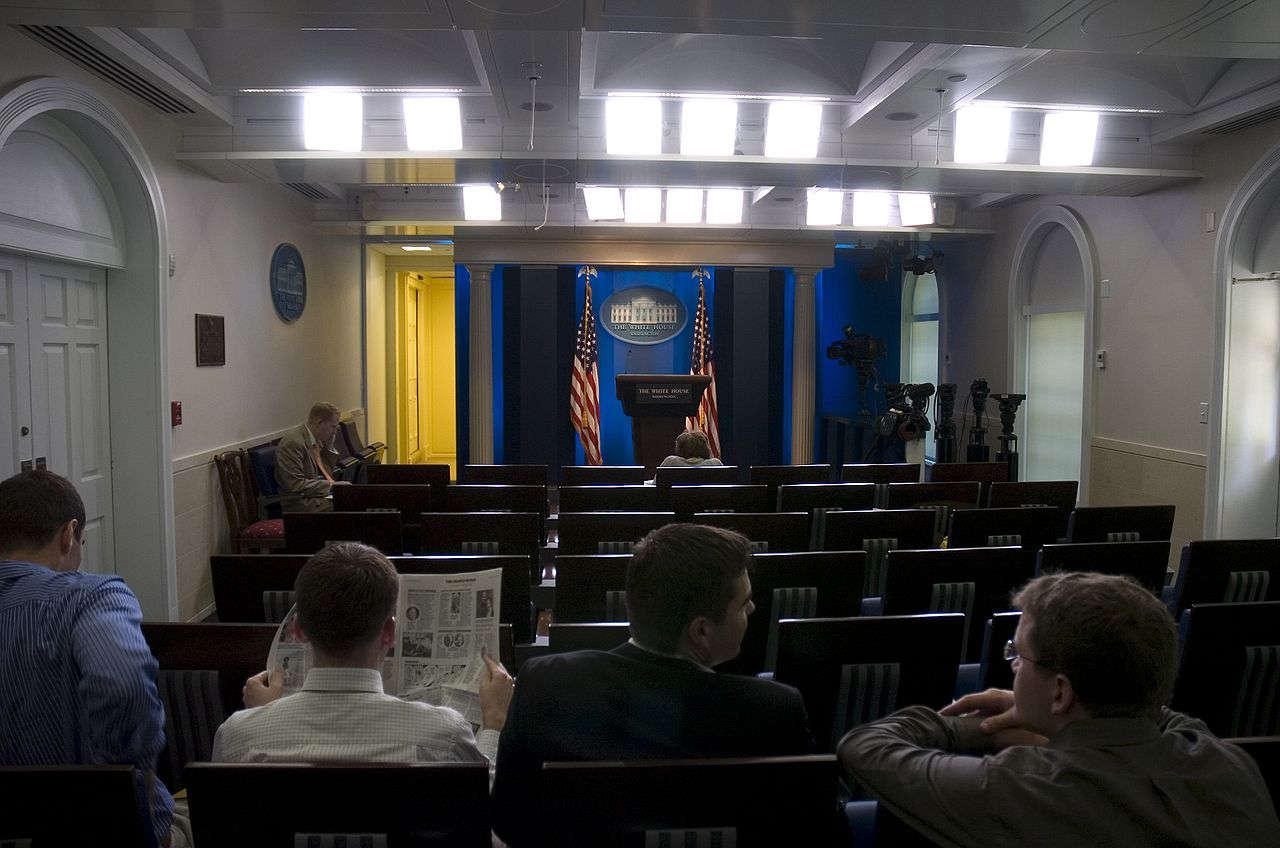Category: Politics
-

Voting by Congressional District
Classifying congressional districts by density, then plotting percent voting for Donald J. Trump.
-

Presidential Data Explorer Updated
Explore the economic record of presidents, starting with Harry S Truman. Updated with recent data.
-

The Polity Project
The United States slipped towards dangerous anocracy, but has improved.
-

Election Deniers in Kansas
Some candidates for high office in Kansas believe in the lie that the 2020 presidential election was stolen.
-

Kansas jobs since pandemic
Examining the effect of the pandemic on Kansas jobs using industry groups.
-

Visualization: Kansas 2020 presidential election
An interactive visualization of the 2020 general election for president in Kansas, at the precinct level.
-

Fake news: How it happened
When politicians condemn fake or phony news, it may be of their own making.
-

Libertarian campaign visits Wichita
In Wichita Story, Tim O’Bryhim reports on the visit of the Libertarian Party vice presidential candidate to Wichita.
-
Herman Cain, RIP
Herman Cain has died at the age of 74. He had been hospitalized with COVID-19.
-
Candidate lists for August 2020 primary election
Here are easy-to-use spreadsheets holding candidates for the August 2020 primary election.
-

All Kansas Republicans should have a voice
A presidential nominating caucus or primary would allow Trump skeptics in Kansas to have their say. It could provide a safety valve, a way to release the pressure that builds up from being told they are traitors to not only their party but to the country as well.
